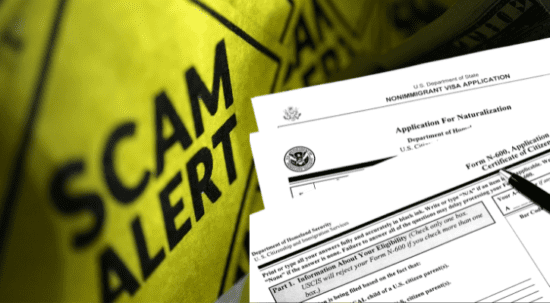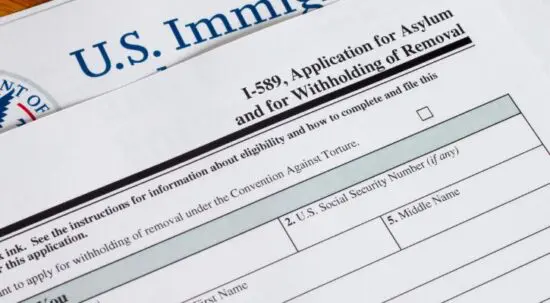Changes to TPS Nepal
Le statut de protection temporaire (TPS) permet aux personnes de certains pays de rester et de travailler aux États-Unis s’il n’est pas sûr pour elles de rentrer chez elles en raison d’une guerre, d’une catastrophe ou d’autres urgences.
As of February 9, 2026:
- People from Nepal with TPS do not have this protection.
- Work permits through TPS are not valid.
The decision to end TPS for Nepal is still being challenged in court. The case is not finished yet. We do not know what will happen next. Learn how court decisions work.
Get updates on the status of TPS from the National TPS Alliance.
TPS for Nepal has been contested in the courts:
- June 6, 2025: The U.S. Department of Homeland Security (DHS) announced its decision to end TPS for Nepal on August 5, 2025.
- July 31, 2025: A judge blocked the termination of the TPS designation. This decision temporarily stops TPS from ending to allow more time for the court to review the case.
- August 20, 2025: A judge paused a previous court order that stopped TPS from ending. This means that the U.S. government can deport people who have lost TPS status now.
- November 18, 2025: During a court hearing, a judge said her initial view is that the government likely acted unlawfully when ending TPS for Nepal. A written order has not been issued yet. If the judge’s final ruling follows her comments, TPS for Nepal could be reinstated.
- December 31, 2025: A judge ruled that the government’s decision to end TPS was unlawful. This means that TPS should be restored.
- January 22, 2026: The next hearing will take place. An appeal is also moving forward and could change the outcome.
- February 9, 2026: A federal court of appeals paused the restoration of TPS. The government appeal is still moving forward.

Apprenez comment trouver de l’aide gratuite ou à faible coût auprès d’avocats et de représentants juridiques de confiance en matière d’immigration.
Que se passe-t-il lorsque le TPS arrive à expiration ?
Si vous n’avez pas d’autre statut d’immigration légale en dehors du TPS, vous deviendrez sans papiers et perdrez votre autorisation de travail. Si vous restez sans statut légal, vous risquez d’être détenu et expulsé.
Comment se préparer
- Adhikaar offers legal help to Nepalese immigrants in the U.S.
- Parlez à un avocat spécialisé dans l'immigration. Il est important de demander de l'aide juridique et de connaître les options qui s'offrent à toi pour rester aux États-Unis.
- Apply for another immigration statusif you qualify. Review if you are eligible for asylum, lawful permanent status (Green Card), or other U.S. visas.
- Préparez-vous pour l’ICE. Savoir quoi faire si tu es sans papiers et que des agents viennent chez toi ou au travail. Connaissez vos droits et comment créer un plan de sécurité.
- Reste informée. En savoir plus sur les changements en matière d’immigration sous la nouvelle administration.
Plus de USAHello
Vous recherchez des informations spécifiques?
Les informations de cette page proviennent de DHS, USCIS, et d'autres sources fiables. Notre objectif est de proposer des informations faciles à comprendre et mises à jour régulièrement. Ces informations ne constituent pas des conseils juridiques.





